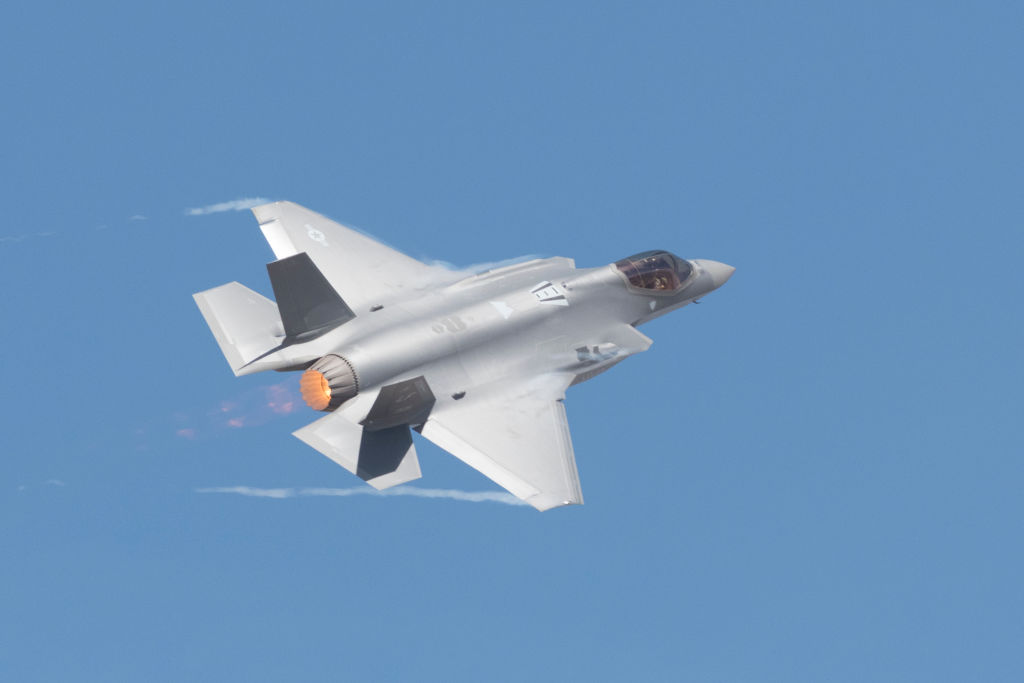The acting assistant secretary of defense for international security affairs, Katie Wheelbarger revealed that Turkey will be removed from F-35 fighter jet program if delivery of Russian S-400 missiles is carried out, the U.S. Department of Defense reported on Thursday. Followed by Pentagon decision to seek approval from the U.S. Congress “to reprogram $206 million to support alternate sourcing for foreign-made F-35 parts”, an obvious reason of Turkey’s expulsion from the program, which will occur when it receives the S-400s.
According to U.S. officials, the S-400 is not compatible with U.S. and NATO defense systems and have repeatedly warned Turkey of possible sanctions that can be applied under the Countering America’s Adversaries Through Sanctions Act (CAATSA) , resulting expulsion of Turkey from the U.S.’ F-35 fighter jet programme, if it installs the S-400, the Russian Air Defense system. Whereas, Turkish officials have confirmed about the S-400 purchase and said it a “Done Deal”.
Once the Russian Air Defense systems reach Turkey, the U.S. President shall impose sanctions and the president must have to choose five from 12 proposed sanctions, According to what CAATSA legislation states.
Right now, it is not clear that the Turkish economy, which is in the front of the canon, would survive through a series of crisis, which could be trigger even if Trump chooses the most moderate sanctions.
The other option for Trump is to postpone the sanctions for 180 days. However, this option is not available for Trump due to elections next year, since the U.S. mainstream media will probably attack Trump for not taking necessary steps and allowing Russia’s efforts to establish a bond with NATO member Turkey.
As tensions between both countries are escalating, the United States has been taking steps to remove Turkey from the production line of the F-35 program. Turkish pilots participating in exercises on fighter jets at U.S. airbase have been expelled from the program, and the two F-35 fighters that Turkey has already purchased will most probably remain in the United States.

